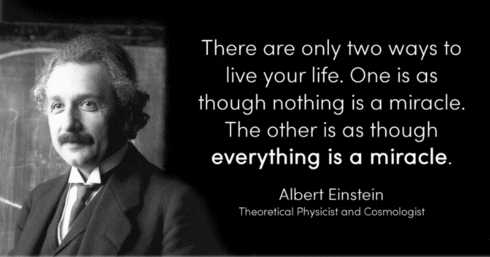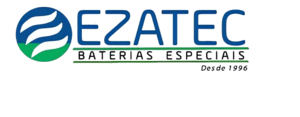No Blog Eletrônica de Potência você encontrará informações sobre teses,artigos,seminarios,congressos,tecnologias,cursos,sobre eletrônica potência. “TEMOS O DESTINO QUE MERECEMOS. O NOSSO DESTINO ESTA DE ACORDO COM OS NOSSOS MERITOS” ALBERT EINSTEIN. Imagination is more important than knowledge, for knowledge is limited while imagination embraces the entire world. EL FUTURO SE CONSTRUYE HOY,EL SUCESSO NO ES FRUTO DE LA CASUALIDAD,SE HUMILDE ,APRENDE SIEMPRE CADA DIA.
AUTOR DO BLOG ENG.ARMANDO CAVERO MIRANDA SÃO PAULO BRASIL

.gif)
“GRAÇAS A DEUS PELA VIDA,PELA MINHA FAMÍLIA,PELO TRABALHO.PELO PÃO DE CADA DIA,POR NOS PROTEGER DO MAL”
“SE SEUS PROJETOS FOREM PARA UM ANO,SEMEIE O GRÂO.SE FOREM PARA DEZ ANOS,PLANTE UMA ÁRVORE.SE FOREM PARA CEM ANOS,EDUQUE O POVO”


https://picasion.com/


sábado, 24 de janeiro de 2015
Power Quality Improvement of Single-Phase Grid-Connected Photovoltaic Inverter - Trung-Kien Vu- Department of Information and Communications Engineering, Graduate School of Chungnam National University
A Dissertation for the Degree of Doctor of Philosophy
Power Quality Improvement of Single-Phase
Grid-Connected Photovoltaic Inverter
Department of Information and Communications Engineering
Graduate School
Chungnam National University
By
Trung-Kien
ABTRACT
The economical and environmental impacts of fossil fuels have forced society to investigate sustainable solutions. The interest has focused on the renewable energy sources since the green and clean benefits. Consequently, investments in research and development in the field of power electronics have increased proportionally, especially in high voltage and high power grid-connected systems. The distributed power generation (DG) systems are becoming more common as the need for electric power increases because of taking advantage of using different energy sources such as wind and solar. A few examples are hybrid cars, solar houses or hospitals in remote areas where providing clean, efficient and reliable electric power is critical to the loads. In such systems, the power is distributed from the source side to the load side via power electronic converters in the system. At low and medium power applications, the task is often left to single-phase inverters where they are the only interface between sources connected to dc bus and loads connected to an ac bus. This dissertation investigates the power quality improvements to properly regulate the power flow between renewable source and the utility network. The control method for single-phase inverters used in low and medium power DG systems is based on (and also takes the advantage of) the well-known d-q transformation (which is mostly employed for three-phase converters’ analysis and control design). The transformation requires at least two independent phases for each state variable in the system; thus a second phase must be created. This virtual-phase can be done by DSP implementation, hence there is no need for additional hardware in the system, making it more attractive and cost effective method. The Proportional-Resonant (PR) controller based current control scheme, compared with conventional Proportional-Integral (PI) controller, not only provides a superior transient response but also provides a zero steady-state error as well as a high disturbance rejection and a low output current THD under grid-tie mode operation. The entire controller can be implemented in a DSP digital control board which is becoming more common in power electronics converters within the past decade. Special attention is given to systems which demand a third-order LCL-filter as interface between inverter and grid. This filter configuration is widely employed in high power systems, in which the switching frequency is typically limited by the switching devices. The LCL-filter has the ability to reduce the level of harmonic distortion with less inductance, compared with the first-order L filter. On the other hand, it introduces undesirable characteristics, such as resonance, that must be compensated by the controller. Another issues related to the switching devices such as IGBT, MOSFET and others have very high switching frequency above tens of kilohertz. A blank-time is needed to avoid the conduction overlap of two switching devices in the same leg. This blank-time causes the phase error, output voltage distortions and fundamental voltage drop, which degrade the control performance and hence, may cause the power loss during generation process. Comparative analysis and design procedures of conventional PI and PR controller for current control technique have been presented. Furthermore, an output low-pass LCL-filter design procedure and a dead-time compensation method for a 3kW single-phase grid-connected full-bridge PV VSI have also been introduced in this study with the final results are implemented in a DSP TMS320F2812 based digital controller board.
Assinar:
Postar comentários (Atom)




Nenhum comentário:
Postar um comentário